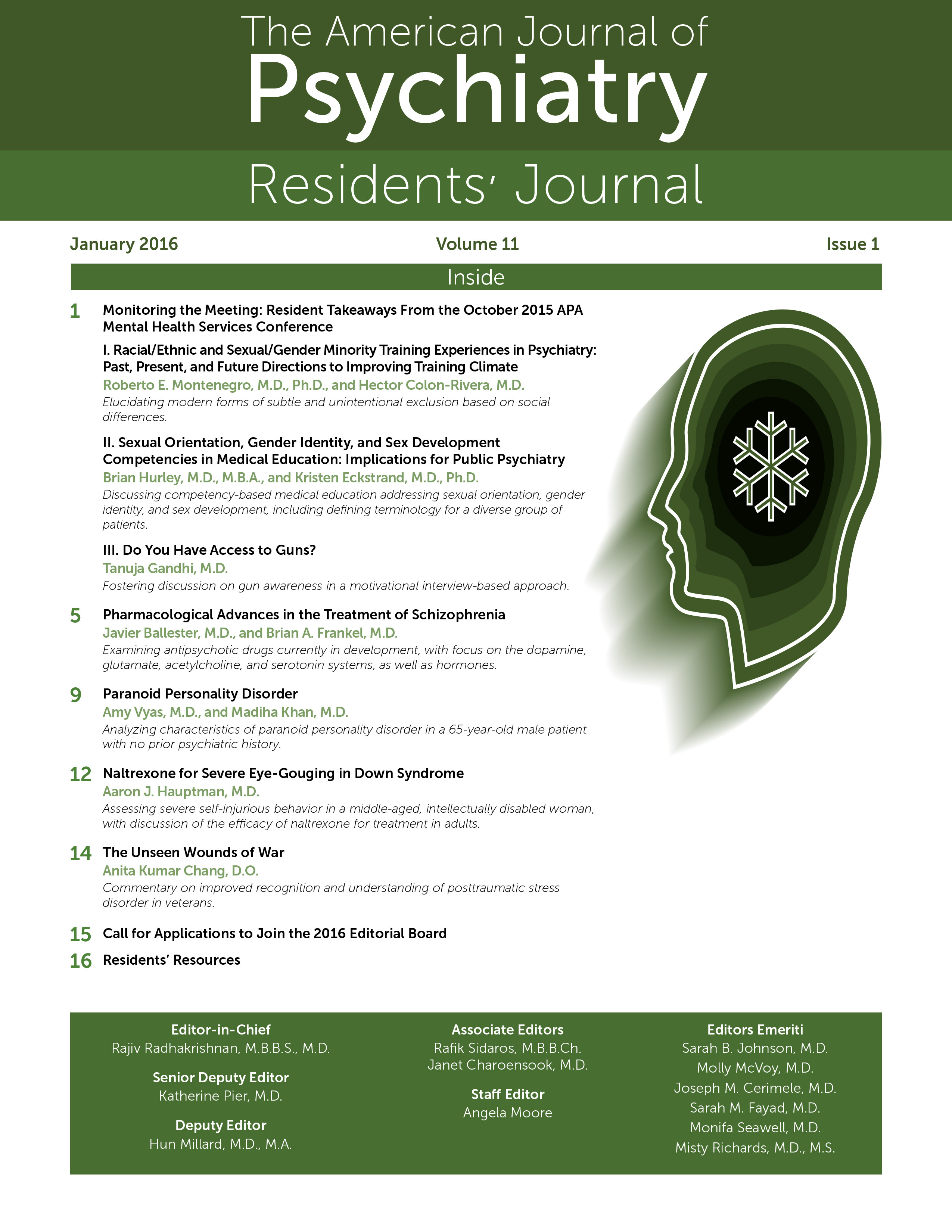The Unseen Wounds of War
Before I ever stepped into a VA, long before I opened a medical textbook, I met my first psychiatric patient in Septimus Warren Smith. In Mrs. Dalloway, Virginia Woolf, took me deep into the terrifying and lonely experience of posttraumatic stress disorder (PTSD) through Septimus, a World War I veteran. A minor character in the book, Septimus has a profound impact with his brief appearances throughout the text, in his relationships with his wife and doctors, and ultimately with his self-inflicted death. As suicide continues to plague so many of our veterans, perhaps we can learn something from Septimus in the way we approach our patients with PTSD.
“He began, very cautiously, to open his eyes, to see whether a gramophone was really there. But real things—real things were too exciting. He must be cautious. He would not go mad….” (1, p. 119)
Septimus exhibits many symptoms of PTSD, in his time known as “shell shock.” After witnessing the death of his friend Evans in combat, Septimus comes home only to suffer from flashbacks, feelings of guilt and fear, an exaggerated startle response, and experiences of depersonalization and derealization. His wife, Rezia, searches fruitlessly for help from their physician, Dr. Holmes, who repeatedly tells her that nothing is wrong. She then consults Sir Williams, who acknowledges Septimus’ illness and suggests 6-months rest in the country. Septimus, however, is left out of these discussions. Finding himself without a voice and seeing no end in his suffering, he throws himself out the window of their home, and thus ends his life.
“So he was deserted. The whole world was clamouring: Kill yourself, kill yourself, for our sakes.” (1, p. 79)
A couple of years ago, I heard a code blue called to our psychiatric unit. The patient was found in his room with blue-tinged lips and his t-shirt wrapped around his neck. He did not die that day, but Virginia Woolf’s words echoed in my conscience. Like Septimus, the patient was suffering in his own world filled with combat-related trauma and loss. Like Dr. Holmes and Sir Williams, I was focused on the diagnosis and treatment, and I failed to simply listen and try to understand.
“Men killed in battle were thus saluted, and Septimus had been through the War.” (1, p. 126)
We have come a long way in our recognition, understanding, and treatment of PTSD, yet those who suffer too often fall victim to the fate of Septimus. While we attempt to intervene, let us never lose sight of the individual. The fatalities of war don’t stop when our soldiers come home; the difference is, on the home front, now we have a chance to be there, bear witness to their experience, and hopefully walk down the path of healing with them.
1. : Mrs. Dalloway [Originally published 1925]. Cleveland, Centaur Editions, 2013 Google Scholar



